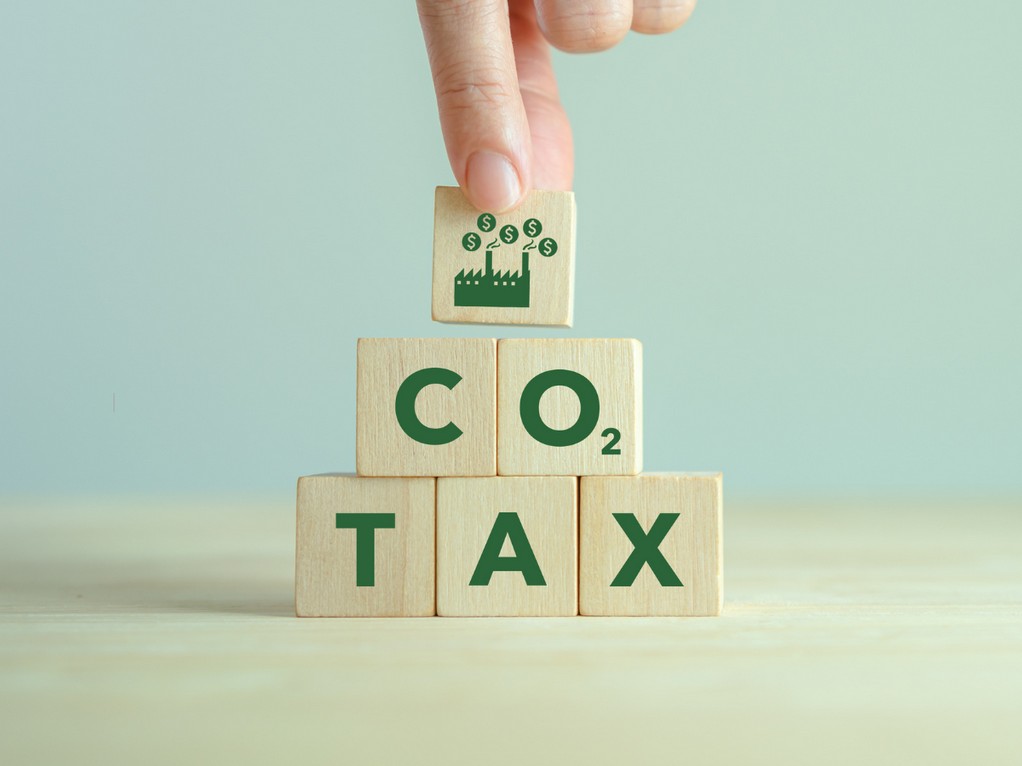Amid ongoing free trade agreement (FTA) negotiations, the European Union (EU) has suggested that India create its own carbon tax mechanism instead of paying into the EU’s Carbon Border Adjustment Mechanism (CBAM), commerce and industries minister Piyush Goyal said.
The CBAM is a tariff on carbon-intensive imports such as steel, cement, and certain electricity products entering the EU. It aims to promote cleaner industrial production practices in non-EU countries.
As part of the European Green Deal, CBAM will take effect in 2026, with reporting requirements beginning in 2023. A report by the economic think tank Global Trade Research Initiative (GTRI) estimates that the CBAM could impose a 20-35% tax on specific imports into the EU starting 1 January 2026. This will impact companies in seven carbon-intensive sectors, including steel, cement, fertilizers, aluminium, and hydrocarbons. Notably, about 27% of India’s exports of iron ore pellets, iron, steel, and aluminium products are destined for the EU, with exports totalling $7.4 billion in 2023.
Meanwhile, the minister dismissed speculation about India supporting Chinese investments in the country, following suggestions in the latest Economic Survey to consider foreign direct investments (FDI) from China. The survey recommended leveraging the China-plus-one strategy to boost exports amidst global shifts.
The domestic industry, particularly sectors using Chinese plants and equipment, has urged the government to relax FDI restrictions, citing technical and operational challenges due to visa restrictions for skilled Chinese workers. However, experts warn that allowing Chinese firms to establish a significant presence in India could pose risks.
Tags: CBAM, eu, India



Recent Posts
Hong Kong Launches Incentive Scheme to Promote Green Maritime Fuel Bunkering
MSC Hosts Sustainability Experience in Antwerp for Global Supply Chain Leaders
Kinetics and Mitsui O.S.K. Lines Sign MOU to Develop World’s First Integrated Floating Data Center Platform
Port Newark installs EV truck chargers at PANYNJ facility
Singapore’s first fully electric tug launched, paving the way for zero-emission coastal logistics ecosystem
Blue Marlin Becomes First Inland Cargo Vessel with Solar-Assisted Propulsion
ABB and Royal Caribbean Partner on 15-Year Deal to Drive Vessel Efficiency and Decarbonization
IET Establishes Centres of Excellence for Green Hydrogen and Electric Vehicle Research